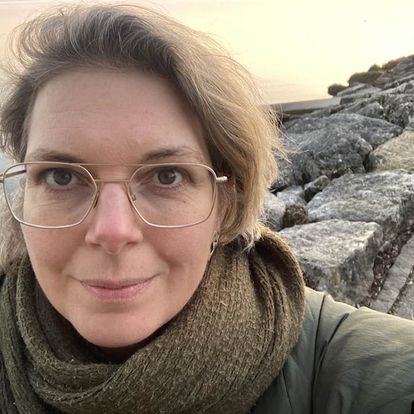Caring for the Future Webinar #7: Living On After Infant Death or Pregnancy Termination: Feminist Rethinkings of Technological Practices of Remaking Death at the Beginning of Life
Presented by Stine W Adrian, professor in sociology of health, welfare and qualitative methods at Department of the Social Sciences at The Arctic University of Norway
Info about event
Time
Location
Online Event

30th April 2025, 3PM-4PM (UTC+1) join via link: https://aarhusuniversity.zoom.us/j/64483575624
Stine is a professor in sociology of health, welfare and qualitative methods at Department of Social Sciences at the Arctic University of Norway, in Tromsø. She is trained within feminist STS and cultural analysis and concentrated her research interest within questions dealing with reproductive technology, technologies of death and dying at the beginning of life, gender, intersectionality, feminist materialisms, the entanglement of technologies and ethics, ethnographic and qualitative methods.
Adrian’s talk will centre around the space of living on after infant death or pregnancy termination from a feminist perspective of rethinking technological practices of remaking death at the beginning of life.
Presentation abstract
Since 2004, pregnant persons in Denmark have been offered prenatal screening. If a foetus is diagnosed with a severe congenital heart defect, the pregnant person or couple can decide to terminate the pregnancy or give birth at term and then have the child undergo open heart surgeries or let it die. While reproductive studies have focused on reproductive selection and not on the death, in this presentation, I ask what it is like to live with the death of a foetus/child with a severe congenital heart defect that has been undergoing prenatal screening. Drawing on a combination of autoethnography and interviews, I read the narratives of people who terminated a pregnancy or lost a child using a “what if” methodology. This methodology serves as what Donna Haraway describes as a diffractive analysis which in practice is a queering of norms, as it highlights the current biopolitics of the Danish state. The presentation also calls for a rethinking of reproductive studies to make it possible to think beyond selection and examine how those who live with their decisions after having been involved in the remaking of death can receive better care.
